Q&A: Eugene Kaspersky on taking on the big boys
Kaspersky's chief executive tells IT PRO about how his company plans to climb the security ladder, toppling the likes of Symantec and McAfee along the way.


Many companies have enough resources. [But] not all of them are able to use [these resources] in the right way. Their goal is to have products and functionality which are then copied by others.
Our strategy is to become number four, then number three, then number two, then number one.
We want to keep the spirit of innovation, to stay a private company and also to [learn from others'] mistakes.
What role will restructuring play in this strategy?
We restructure the company once every three or four years. If you want to have a good soup, you have to mix it.
The last time we restructured the company in 2007/2008, we used the structure to develop our global presence. We managed to introduce our business and develop our partner network everywhere around the world.
Now it's time to be more focused not on territorial expansion but to grow our business and our products and services in every territory. We've learned from every positive and negative from our past and decided to try the next structure.
Get the ITPro daily newsletter
Sign up today and you will receive a free copy of our Future Focus 2025 report - the leading guidance on AI, cybersecurity and other IT challenges as per 700+ senior executives
You talked about mobile becoming more prominent. What does this mean for the future of Windows as the dominant operating system?
I believe that very soon, in two maybe three years, Google Android will dominate the market for operating systems on mobile devices.
Our generation, we are not young people, we are conservative. The new generation, the young people, they are mobile.
The future design of the IT environment will be split into two categories the home environment which is mobile and mostly Android based, and the corporate environment with Windows-based PCs, plus mobile. Everyone in the corporate environment has smartphones.
We've seen big some successes from law enforcement recently, such as significant botnet takedowns. What is Kaspersky doing in this space?
We're are cooperating with cyber police departments in different countries.
It's not about a Big Brother, we just want more regulation to stop the bad people on the internet. It is better to do it on an international level because the internet doesn't have borders.
After Stuxnet, we have a call for more secure environments for critical systems, to have military standards there.
With IT security standards for critical systems, there is almost no regulation, only for military systems. I am afraid of nuclear research and new types of energy experiments which are sometimes connected to the internet. That's really scary.
Surely the answer is to not connect these systems to the internet?
It is possible to damage the systems if they are not connected. The most easy way is you just drop a yellow or red USB in an elevator and that's it or in the lunch room.
Tom Brewster is currently an associate editor at Forbes and an award-winning journalist who covers cyber security, surveillance, and privacy. Starting his career at ITPro as a staff writer and working up to a senior staff writer role, Tom has been covering the tech industry for more than ten years and is considered one of the leading journalists in his specialism.
He is a proud alum of the University of Sheffield where he secured an undergraduate degree in English Literature before undertaking a certification from General Assembly in web development.
-
 Should AI PCs be part of your next hardware refresh?
Should AI PCs be part of your next hardware refresh?AI PCs are fast becoming a business staple and a surefire way to future-proof your business
By Bobby Hellard
-
 Westcon-Comstor and Vectra AI launch brace of new channel initiatives
Westcon-Comstor and Vectra AI launch brace of new channel initiativesNews Westcon-Comstor and Vectra AI have announced the launch of two new channel growth initiatives focused on the managed security service provider (MSSP) space and AWS Marketplace.
By Daniel Todd
-
 Power stations under attack from long-running hacking campaign
Power stations under attack from long-running hacking campaignNews Dragonfly threat group is ramping up activities, say researchers
By Adam Shepherd
-
 Symantec profits surge as firms prop up their cyber defences
Symantec profits surge as firms prop up their cyber defencesNews The company also announced plans to sell its web certificate business
By Dale Walker
-
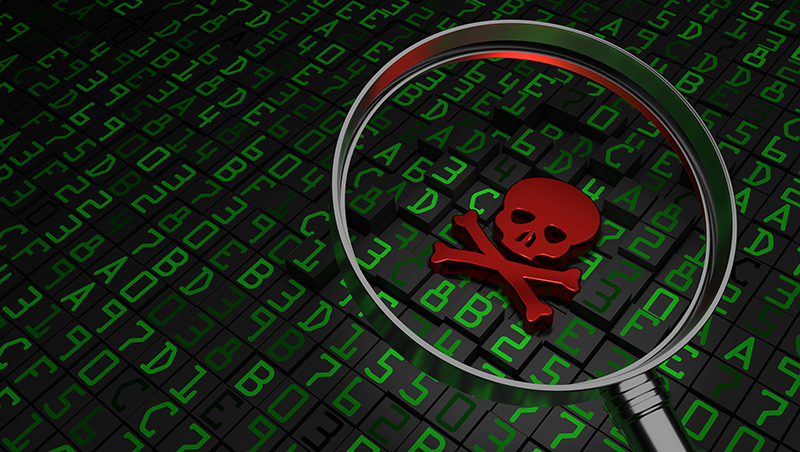 Windows Troubleshooting Platform 'is serving malware'
Windows Troubleshooting Platform 'is serving malware'News Troubleshooting service used as a pathway to con victims into downloading malware
By Jane McCallion
-
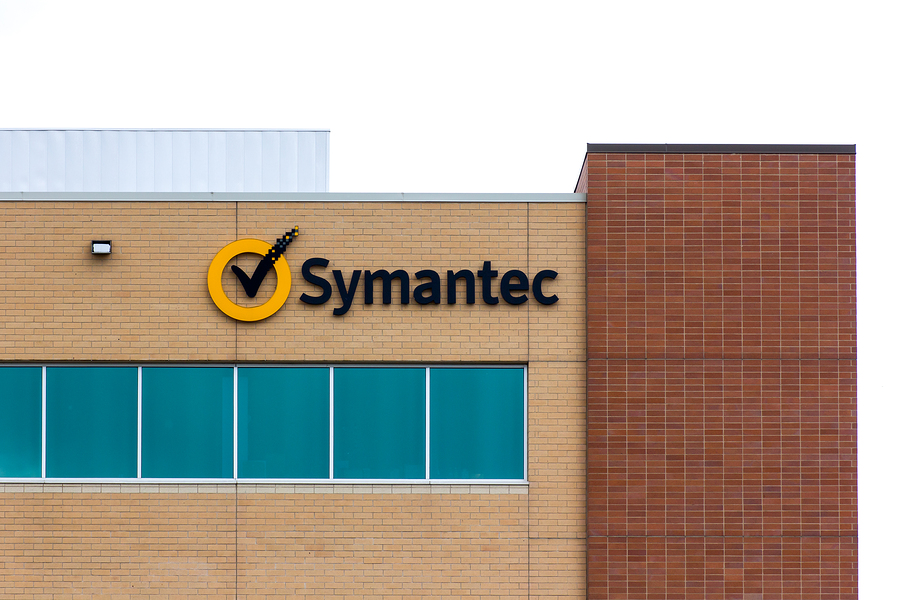 Symantec to pay $4.65 billion to acquire Blue Coat
Symantec to pay $4.65 billion to acquire Blue CoatNews Greg Clark to become Symantec CEO, promising new cloud security
By Aaron Lee
-
 Symantec ditches reseller guilty of scamming PC users
Symantec ditches reseller guilty of scamming PC usersNews Silurian told people they had malware, then sold them Norton Antivirus for $249
By Joe Curtis
-
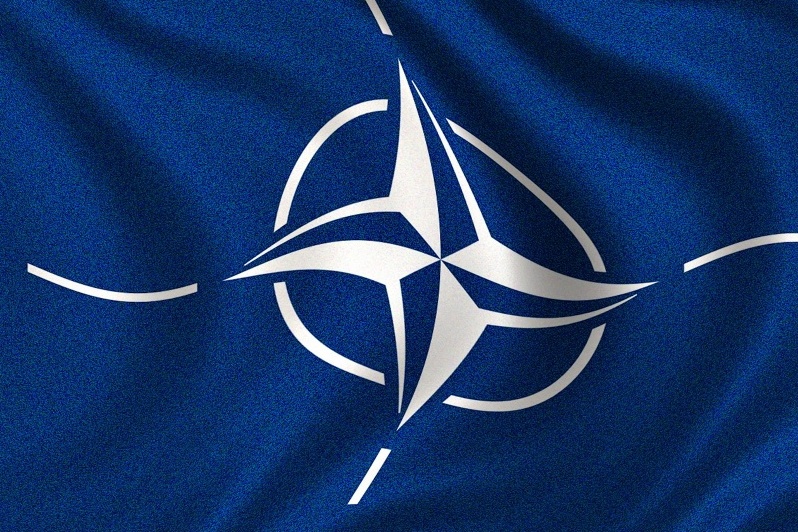 NATO builds up cyber alliance with Symantec tie-in
NATO builds up cyber alliance with Symantec tie-inNews Military industrial link up to fight cyber attacks
By Rene Millman
-
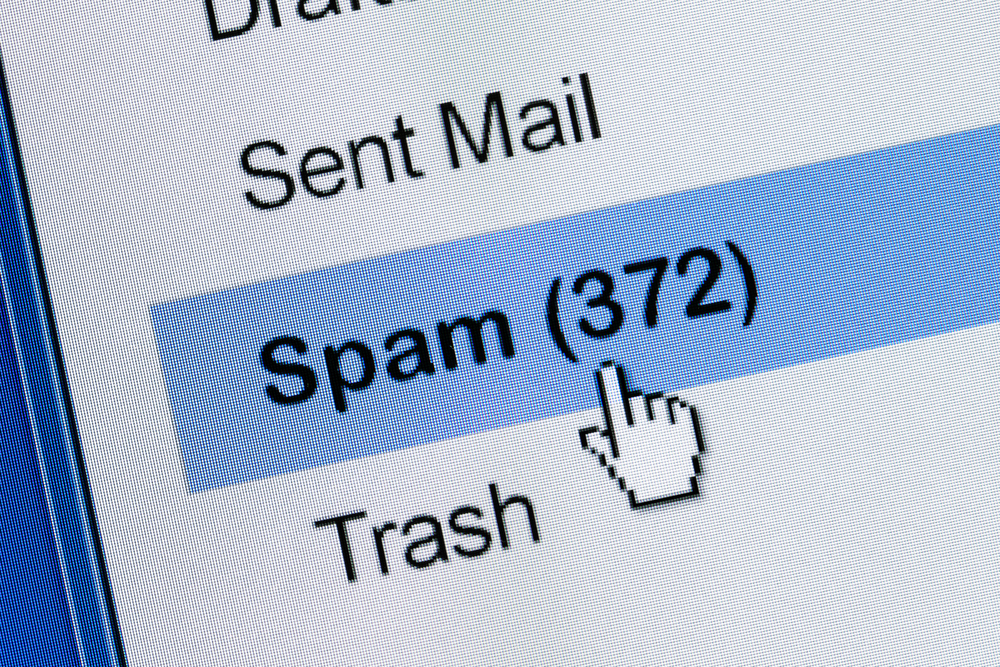 Junk emails fall to their lowest rate in 12 years
Junk emails fall to their lowest rate in 12 yearsNews Spam is dropping, says Symantec, but other malware threats are on the rise
By Joe Curtis
-
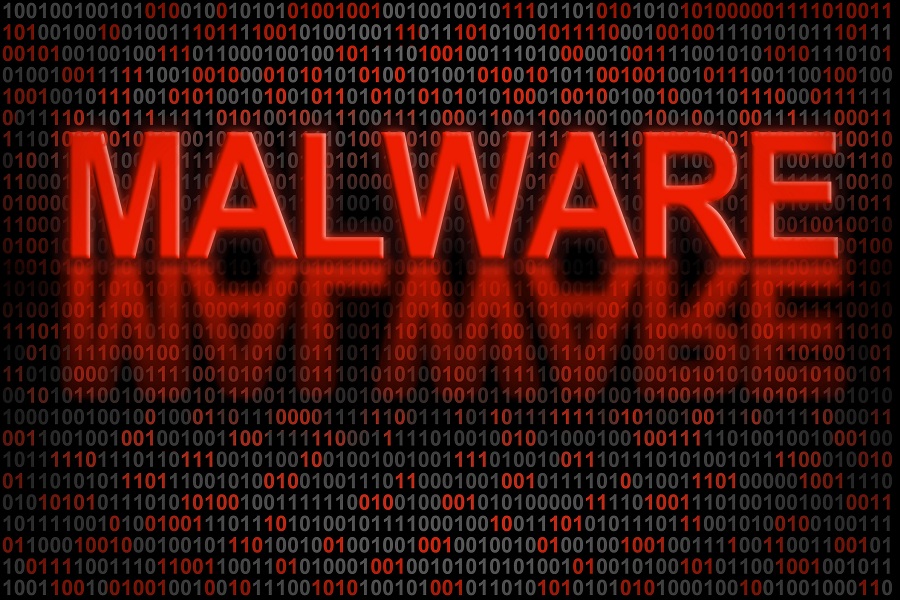 Kaspersky: "We have never been asked to whitelist malware"
Kaspersky: "We have never been asked to whitelist malware"News A company blog has revealed neither government nor any other entity has asked it to stop detecting malware
By Clare Hopping